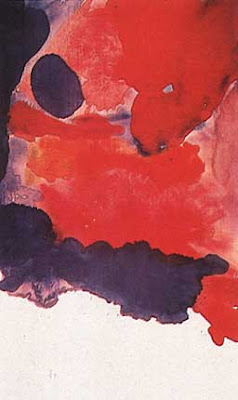Lzzy Hale rocks!
The new American rock 'n' roll Queen!
Don’t listen what your girlfriend says
She reads those magazines
That say you failed the test
You don’t have what she needs
I slither like a viper
And get you by the neck
I know a thousand ways to help you forget about her
That bitch can eat her heart out!
Love bites, but so do I, so do I.
Love bites, but so do I, so do I.
Love bites!
My lips are pale and vicious.
You’re foaming at the mouth.
You’ve suffered in the darkness.
I’ll suck the pain right out.
So come and taste the reason
I’m nothing like the rest.
I kiss you in a way you’ll never forget about me.
That chick can eat her heart out!
Love bites, but so do I, so do I.
Love bites, but so do I, so do I, so do I!
It checks you in and kicks you down,
And chews you up and spits you out.
It messes with your sanity by twisting all your thoughts around.
They say it’s blind they say it waits but every time it seals your fate.
And now it’s got you by the balls it won’t let go until you fall.
I was down and out, got up I said “Hey love I’ve had enough!”
I’ve felt pleasure without pain.
My soul you’ll never tame!
Love bites, but so do I.
Love bites, but so do I, so do I
Love bites, but so do I, so do I, so do I!
Love bites, but so do I, so do I.
Love bites!
Love bites!
She reads those magazines
That say you failed the test
You don’t have what she needs
I slither like a viper
And get you by the neck
I know a thousand ways to help you forget about her
That bitch can eat her heart out!
Love bites, but so do I, so do I.
Love bites, but so do I, so do I.
Love bites!
My lips are pale and vicious.
You’re foaming at the mouth.
You’ve suffered in the darkness.
I’ll suck the pain right out.
So come and taste the reason
I’m nothing like the rest.
I kiss you in a way you’ll never forget about me.
That chick can eat her heart out!
Love bites, but so do I, so do I.
Love bites, but so do I, so do I, so do I!
It checks you in and kicks you down,
And chews you up and spits you out.
It messes with your sanity by twisting all your thoughts around.
They say it’s blind they say it waits but every time it seals your fate.
And now it’s got you by the balls it won’t let go until you fall.
I was down and out, got up I said “Hey love I’ve had enough!”
I’ve felt pleasure without pain.
My soul you’ll never tame!
Love bites, but so do I.
Love bites, but so do I, so do I
Love bites, but so do I, so do I, so do I!
Love bites, but so do I, so do I.
Love bites!
Love bites!







